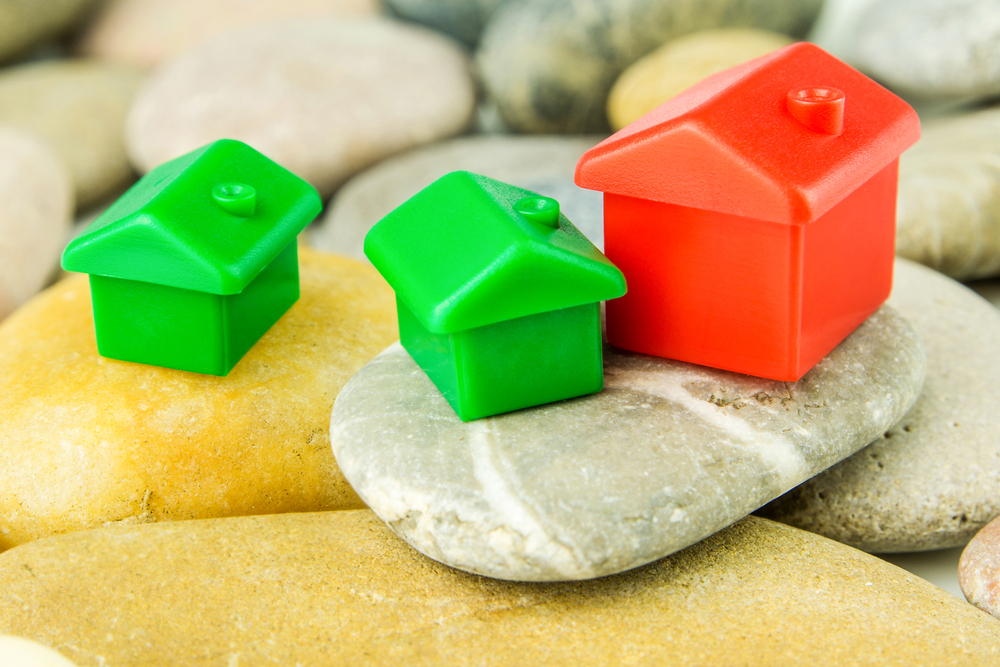House prices have risen 5.1% in the past year, up from 4.9% in June, new figures show. According to the latest data from the Office for National Statistics, house prices rose by nearly £3,000 in July, taking the average value of a property in the UK up to £226,185. The annual growth rate has slowed since mid-2016 […]
 House prices have risen 5.1% in the past year, up from 4.9% in June, new figures show.
House prices have risen 5.1% in the past year, up from 4.9% in June, new figures show.
According to the latest data from the Office for National Statistics, house prices rose by nearly £3,000 in July, taking the average value of a property in the UK up to £226,185.
The annual growth rate has slowed since mid-2016 but has remained broadly around 5% during 2017.
On a monthly basis prices roses 1.1%, up from 0.8% in June.
The main contribution to the increase in UK house prices came from England, where house prices increased by 5.4% over the year to £243,220.
House prices have gone up by 3.1% to £150,846 over the last 12 months in Wales, by 4.8% to £149,185 in Scotland and by 4.4% to £128,650 in Northern Ireland.
On a regional basis, the largest house price growth was in the East Midlands at 7.5%, followed by the East of England at 7.1%.
The lowest house price growth was in London, where prices increased by 2.8% over the year, followed by the South East at 3.8%.
The largest annual growth was in the Cotswolds, where prices have gone up by 16.2% to £385,000.
Combined with slowing wage growth, households are beginning to feel the pinch as their disposable incomes start to fall.
Political uncertainty surrounding Brexit and the snap general election have also weighed ont he housing market in recent months, with prices and mortgage approvals both falling.
While the squeeze on spending power has helped weaken demand, the chronic undersupply of homes along with record low mortgage rates are currently supporting the market, keeping prices stable.
Jeremy Leaf, north London estate agent and a former RICS residential chairman, says: “The shortage of supply, historically low mortgage rates and relatively low unemployment which are underpinning prices, rather than strong buyer demand.
“The market remains relatively subdued due to a shortage of homes for sale, as well as stretched house prices to earnings ratios and lending restrictions. Average house prices are still rising more quickly than wages, especially in London, so affordability is reaching breaking point in some places.
“On the high street we have noticed some nervousness among potential purchasers that interest rates will eventually rise, although the chances of an increase in the short term have diminished recently. Even small increases could cause problems for many consumers in view of high borrowing levels.”
According to the Halifax House Price Index released last week, monthly house prices edged up by 1.1% during August following a 0.7% fall in June – the biggest jump since December 2016.
Founder and CEO of eMoov.co.uk, Russell Quirk, said: “This latest index provides the most compelling evidence yet that the UK property market has been able to shake off the woes of the previous year and snap election, to see positive growth during the summer months.”














